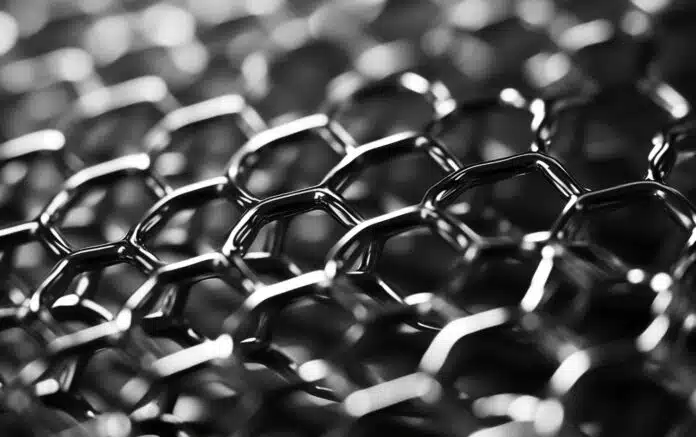
By Ashwini Sakharkar 26 Jul, 2024
Collected at: https://www.techexplorist.com/twisted-carbon-nanotubes-store-high-densities-energy-power-sensors/86543/
A team of global scientists, including two researchers now based at the Center for Advanced Sensor Technology (CAST) at UMBC, has made a groundbreaking discovery. Their research reveals that twisted carbon nanotubes have the potential to store three times more energy per unit mass than advanced lithium-ion batteries. This finding could revolutionize energy storage for lightweight, compact, and safe devices, such as medical implants and sensors.
The team’s work, recently published in the journal Nature Nanotechnology, marks a significant step forward in the development of carbon nanotubes as a promising energy storage solution. Sanjeev Kumar Ujjain, lead researcher from CAST, laid the groundwork for this breakthrough at Shinshu University in Japan before continuing the research at UMBC. Additionally, Preety Ahuja, also from CAST, played a crucial role in the material characterization aspects of the study.
The potential of carbon nanotubes is immense. These incredible structures, resembling straws made of pure carbon sheets just 1 atom thick, are lightweight, easy to manufacture, and approximately 100 times stronger than steel. Scientists are actively exploring their diverse applications, including the possibility of using them in futuristic technologies such as space elevators.
To examine the energy storage potential of carbon nanotubes, UMBC researchers and their partners created carbon nanotube “ropes” by bundling commercially available nanotubes together. These ropes were then subjected to stretching and twisting to form a single thread and coated with various substances to enhance their strength and flexibility.
The team conducted tests to measure the energy storage capacity of the ropes by twisting them and observing the energy released upon unwinding. The results showed that the top-performing ropes could store 15,000 times more energy per unit mass than steel springs and about three times more energy than lithium-ion batteries.
Notably, the stored energy remains consistently accessible across temperatures ranging from -76 to +212 °F (-60 to +100 °C). Furthermore, the materials in the carbon nanotube ropes are safer for the human body compared to those used in batteries.
“Humans have long stored energy in mechanical coil springs to power devices such as watches and toys,” Kumar Ujjain says. “This research shows twisted carbon nanotubes have great potential for mechanical energy storage, and we are excited to share the news with the world.”
The CAST team is already working on integrating twisted carbon nanotubes as an energy source for a prototype sensor they are currently advancing.
Journal reference:
- Shigenori Utsumi, Sanjeev Kumar Ujjain, Satoshi Takahashi, Ryo Shimodomae, Tae Yamaura, Ryosuke Okuda, Ryuichiro Kobayashi, Oga Takahashi, Satoshi Miyazono, Naoki Kato, Keiichi Aburamoto, Yuta Hosoi, Preety Ahuja, Ayumi Furuse, Yuma Kawamata, Hayato Otsuka, Kazunori Fujisawa, Takuya Hayashi, David Tománek & Katsumi Kaneko. Giant nanomechanical energy storage capacity in twisted single-walled carbon nanotube ropes. Nature Nanotechnology, 2024; DOI: 10.1038/s41565-024-01645-x

Leave a Reply